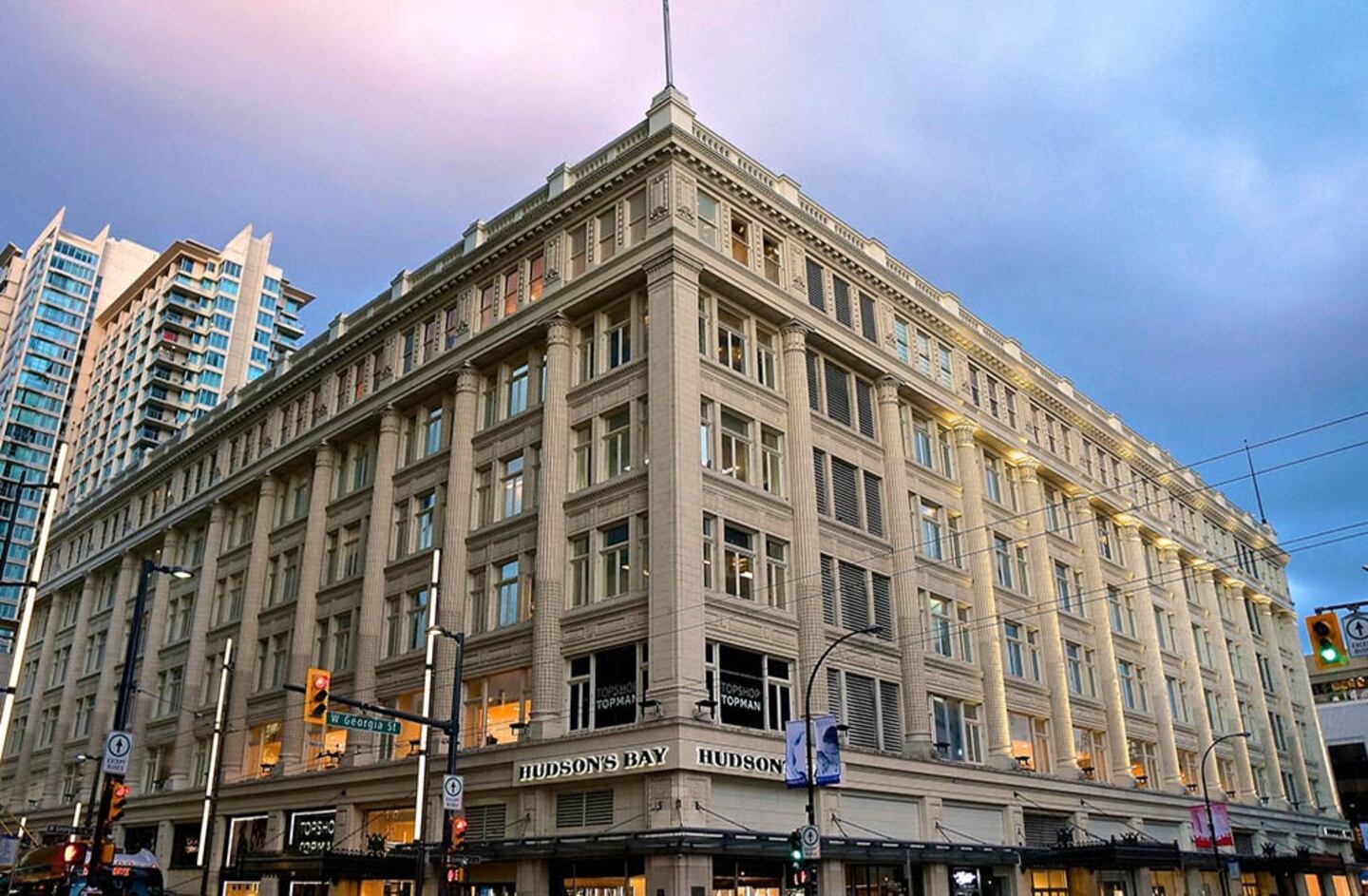
The Business of Fashion
Agenda-setting intelligence, analysis and advice for the global fashion community.

Agenda-setting intelligence, analysis and advice for the global fashion community.

TORONTO, Canada — Hudson's Bay Company (HBC), the department store group that includes Hudson's Bay, Saks Fifth Avenue, Lord & Taylor, Gilt Groupe and other retail properties in North America and Europe, announced Friday that chief executive Jerry Storch will exit the company, effective November 1. Executive chairman Richard Baker will assume the role while the company searches for a new chief executive.
“Right now, our entire team in North America and Europe is focused on delivering a strong holiday season and best serving our customers,” said Baker in a statement. “At the same time, we are looking to the future with great anticipation as we work on plans to maximize the strength of our leading retail and real estate assets. The board, executive leadership team and I look forward to enhancing value for all of our shareholders now and over the long term."

Jerry Storch | Source: Courtesy
Storch’s departure marks one of several recent changes to the executive team at HBC in recent months. HBC International president Don Watros left in September. Edward Record, formerly of J.C. Penney, was named chief financial officer in August.
ADVERTISEMENT
The changes also come during a challenging time for HBC as it implements a “Transformation Plan” to streamline back-of-house operations and save more than $350 million by the end of the 2018 fiscal year. In June, the company announced that it would cut 2,000 jobs in the process. In the most recent quarter ending July 29, sales increased 1.2 percent to $3.3 billion (about $2.6 billion USD). Adjusted EBITDAR (earnings before interest, taxes, depreciation, amortization and rent or restructuring costs) was $207 million (about $164 million USD), down from $263 million (about $208 million USD) from the same period in 2016, while net loss was $201 million (about $159 million USD).
In addition to streamlining operations and cost-cutting, the company plans to weather the current challenging retail market by investing in digital platforms, improving online sales fulfillment, differentiating in-store experiences and renovating the valuable Saks Fifth Avenue New York City flagship — appraised at about $3.7 billion when HBC acquired in it 2013.
More broadly, the department store industry seems poised for a period of contraction, restructuring and consolidation. Baker has eyed Neiman Marcus for acquisition for several years now, and talks intensified this spring as the debt-laden Dallas-based department store readied itself for a sale before announcing in June that it had terminated any discussions of a partial or full sale of the company. This summer, a group of Nordstrom Inc family members sought buyout partners to take the company private, but as of last week decided to wait until after the important holiday season to resume the search. All this to say, more shifts in the industry are expected in the coming months.
Related Articles:
[ Hudson’s Bay Company Announces 2,000 Job Cuts, Including Senior ManagementOpens in new window ]
[ What’s Next for the American Department Store?Opens in new window ]
As the German sportswear giant taps surging demand for its Samba and Gazelle sneakers, it’s also taking steps to spread its bets ahead of peak interest.
A profitable, multi-trillion dollar fashion industry populated with brands that generate minimal economic and environmental waste is within our reach, argues Lawrence Lenihan.
RFID technology has made self-checkout far more efficient than traditional scanning kiosks at retailers like Zara and Uniqlo, but the industry at large hesitates to fully embrace the innovation over concerns of theft and customer engagement.
The company has continued to struggle with growing “at scale” and issued a warning in February that revenue may not start increasing again until the fourth quarter.